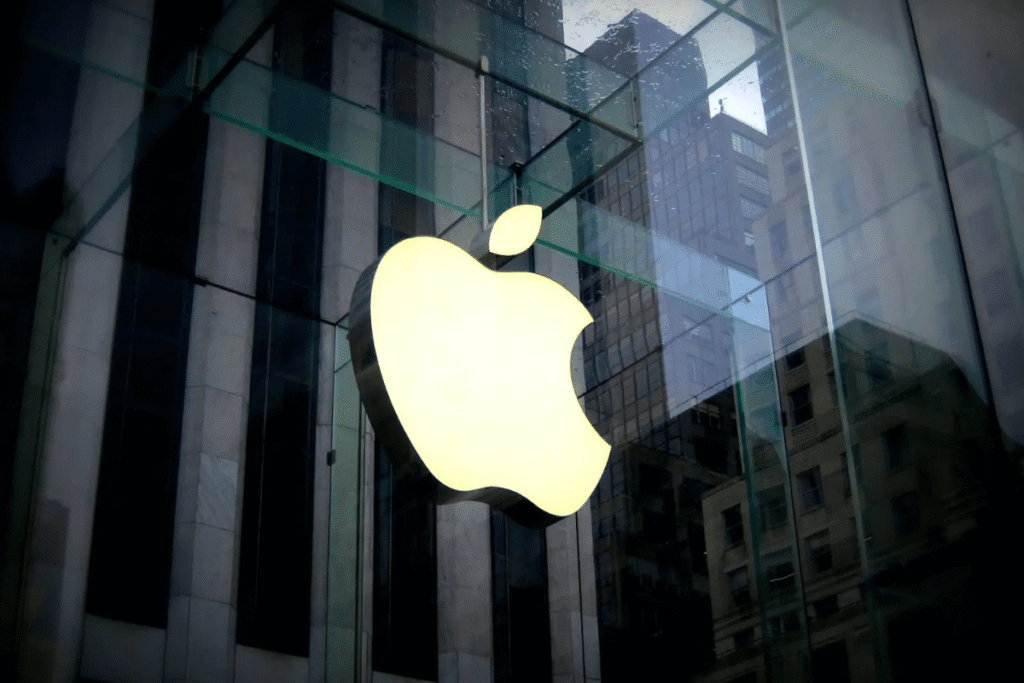In a significant ruling that could reshape global patent licensing, the UK Court of Appeal has ordered Apple to pay $502 million to Optis Cellular Technology, a Texas-based patent holding company, for infringing standard-essential 4G patents. This decision, made despite Apple’s threat to withdraw from the UK market, underscores the UK’s growing influence in international patent disputes and raises critical questions about FRAND (Fair, Reasonable, and Non-Discriminatory) terms. This article provides a comprehensive analysis of the legal battle, the complexities of FRAND licensing, and the ruling’s implications for the UK tech sector and beyond.

Timeline of Legal Proceedings
The dispute between Apple and Optis has unfolded over several years, involving legal battles in both the UK and the United States. Here’s a detailed timeline of the key events:
- 2019: Optis initiates legal action in London, accusing Apple of infringing standard-essential 4G patents in its devices. This action mirrors similar lawsuits filed by Optis against Apple in the United States, indicating a broader legal strategy.
- 2021: A UK High Court judge validates two Optis patents, deeming them essential to 4G technology, and rules that Apple has indeed infringed these patents. Apple responds to this ruling by warning that it might exit the UK market if compelled to pay what it considers to be exorbitant royalties.
- 2022: The High Court determines that Apple should pay $56.43 million, plus interest, for its past and future use of the patents. Optis appeals this decision, arguing that the awarded amount is significantly lower than the fair value of the patents.
- 2023: Both Apple and Optis present evidence concerning comparable licenses and the valuation of royalties. The central point of contention revolves around the interpretation of FRAND terms and what constitutes a fair and reasonable royalty rate.
- February–March 2025: The England & Wales Court of Appeal hears the case. The appellate court focuses on whether the initial damages award accurately reflects the patents’ value and whether the methodology used to determine FRAND terms was appropriate.
- May 1, 2025: The Court of Appeal overturns the previous damages award, ordering Apple to pay $502 million for a global license spanning the period from 2013 to 2027. Including interest, Apple’s total liability now exceeds $700 million. Apple announces its intention to appeal this latest decision.
FRAND Licensing Disputes: A Complex Landscape
Standard-essential patents (SEPs) are fundamental to technologies like 4G and 5G, forming the basis of modern communication systems. To prevent patent holders from leveraging their essential position to demand unfair licensing terms and to ensure widespread access to these crucial technologies, SEP holders are obligated to license their patents under FRAND terms. These terms are intended to balance the interests of patent holders and technology implementers.
- Fair and Reasonable: The licensing fees and conditions should reflect the technology’s true value before it became an industry standard, preventing patent holders from exploiting their essential patent position.
- Non-Discriminatory: All licensees, regardless of their size or market power, should receive substantially similar licensing terms. This principle aims to prevent patent holders from favoring certain companies or engaging in anti-competitive practices.
However, the interpretation of “fair” and “reasonable” in practice is often a source of contention. Disputes frequently arise over the determination of appropriate royalty rates, the consideration of various factors influencing patent value, and whether a patent holder is applying FRAND terms consistently across different licensees. When negotiations fail to produce mutually agreeable terms, courts are often called upon to interpret FRAND commitments and, as in the Apple-Optis case, to set global licensing terms.
Companies that refuse to accept court-mandated FRAND terms may face injunctions or sales bans, potentially disrupting their operations and market access. Conversely, patent holders who demand excessive licensing fees or discriminate among licensees risk being accused of abusing their SEP rights, which can lead to legal challenges and regulatory scrutiny.
Impact of the Ruling on the UK Tech Market
The Court of Appeal’s $502 million judgment against Apple has significant implications for the UK tech market and its role in global patent litigation. The ruling is likely to have several key effects:
- Precedent-Setting Decision: The UK courts, by demonstrating a willingness to set global FRAND rates even when only a UK patent is at issue, are solidifying London’s position as a key venue for international patent disputes. This approach could attract more SEP-related litigation to the UK.
- Increased Litigation Risk: The ruling may lead to an increase in SEP lawsuits in the UK, potentially raising legal and royalty costs for technology companies operating in the region. This could create uncertainty and financial burdens for businesses, particularly those involved in developing and implementing new technologies.
- Potential Market Disruption: Higher litigation and royalty costs could put pressure on manufacturers’ profit margins and potentially slow down the deployment of new devices and technologies, including the rollout of 5G networks and the expansion of the Internet of Things (IoT).
- Valuation of Patent Portfolios: The decision could increase the perceived value of patent portfolios held by non-practicing entities, commonly referred to as “patent trolls.” This could incentivize further investment in intellectual property acquisition and potentially lead to more aggressive patent assertion strategies.
- Policy Considerations: The case places pressure on UK policymakers and courts to strike a balance between incentivizing innovation and ensuring fair market access. Global technology companies may need to reassess their licensing strategies and supply chain considerations in light of this ruling.
Conclusion
The Apple-Optis case is more than just a high-stakes legal battle between two companies; it represents a defining moment in the ongoing debate over FRAND licensing, patent enforcement, and the UK’s role in the global technology landscape. As Apple prepares to pursue its next legal recourse, the tech industry will be closely watching how this precedent influences innovation, competition, and the balance of intellectual property rights worldwide.
Also Read – https://scoopusa24.com/ios-18-4-1-whats-new/